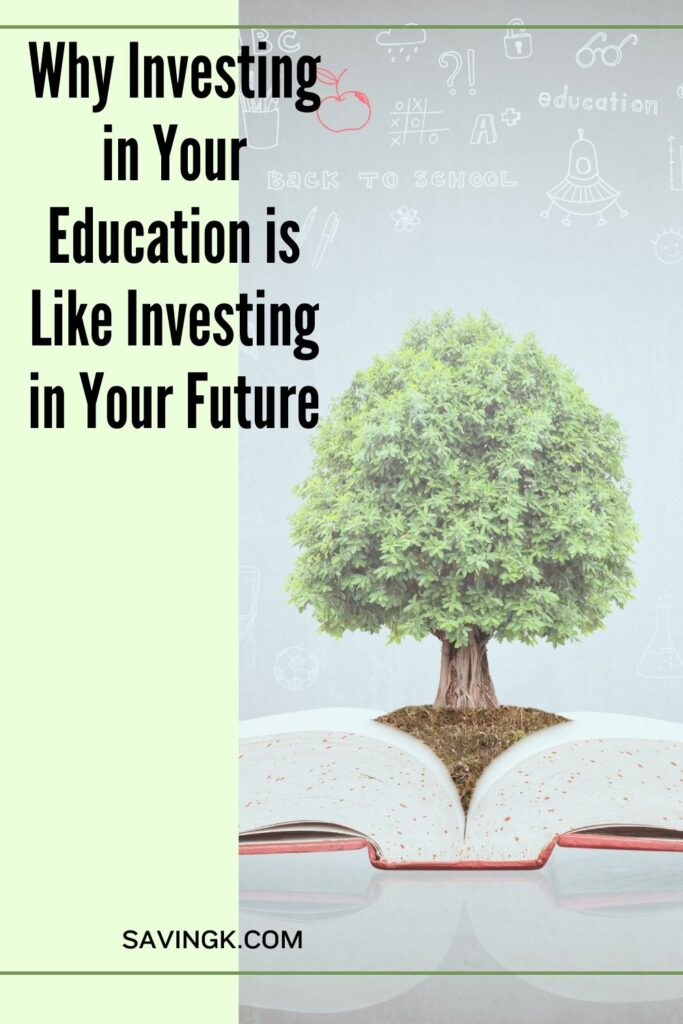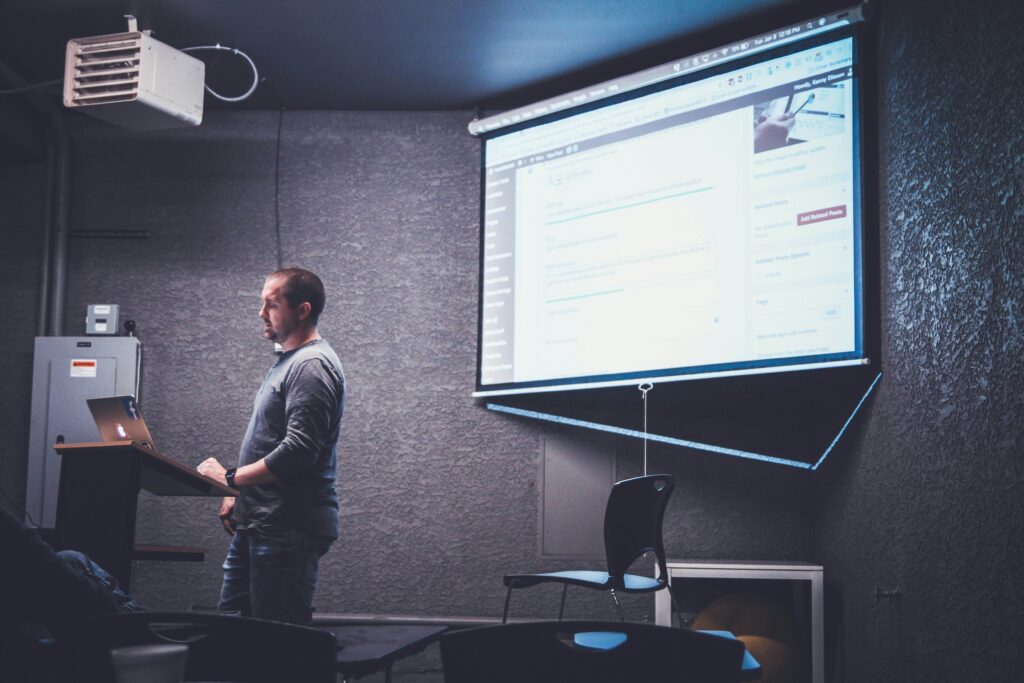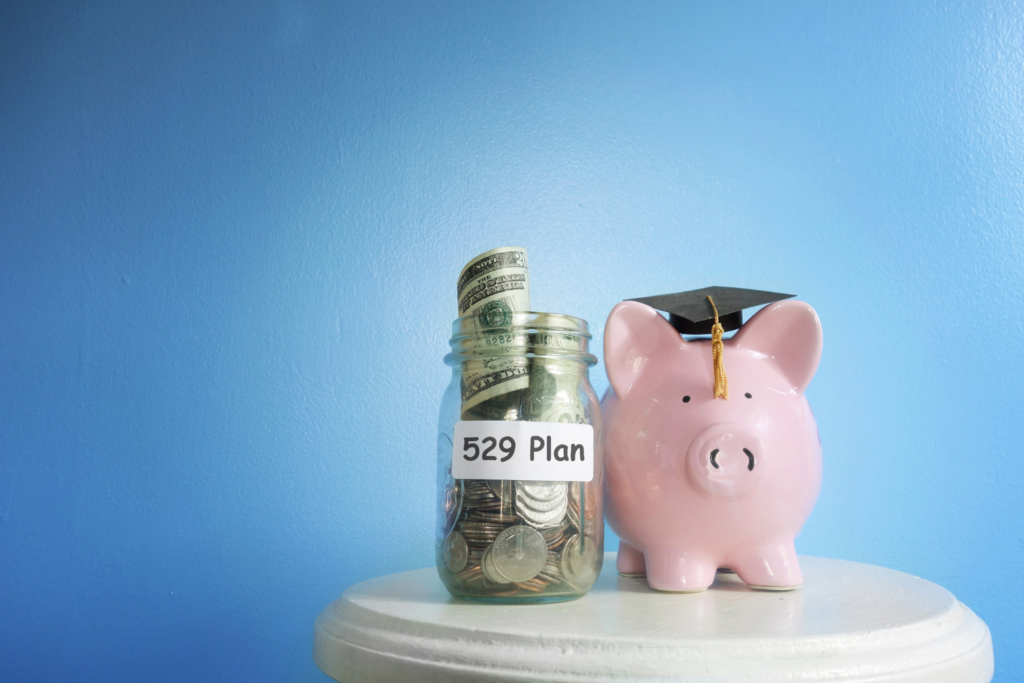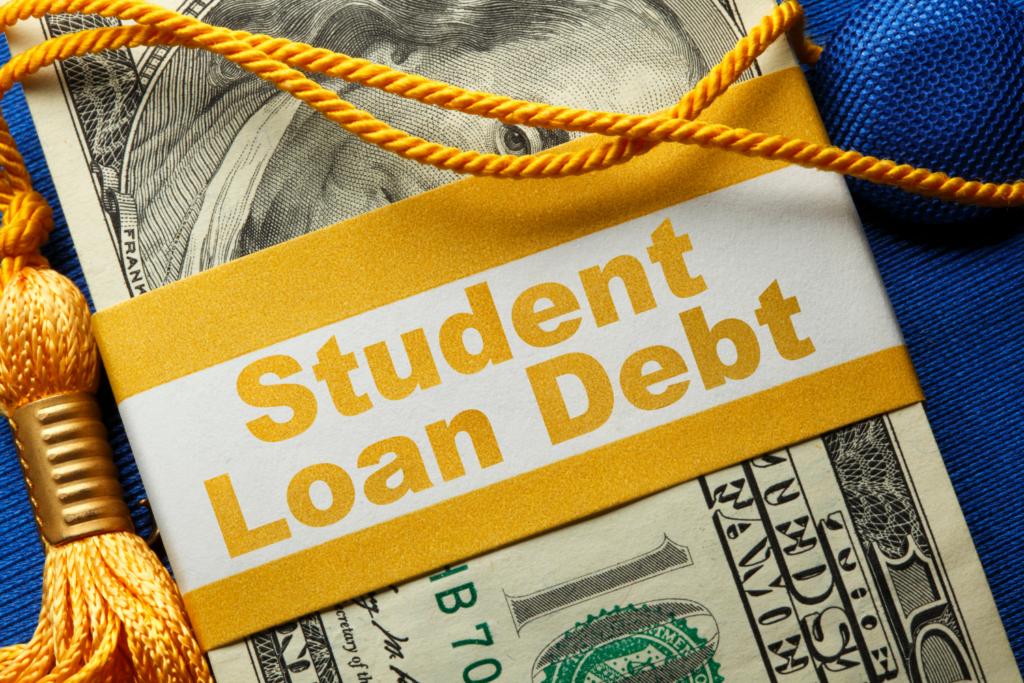
Investing in your education is a powerful way to secure your future. Much like putting money into a high-yield savings account or an investment portfolio, dedicating time and resources to your education can yield substantial dividends in the long term. From improved career prospects to a higher earning potential, the value of an investment in education cannot be underestimated. Read on as we delve deeper into the parallels between investing in your education and safeguarding your future.
Contents
The Tangible Returns of Educational Investment
Just like monetary investments grow in value over time, so does an investment in education. As the job market becomes more competitive, employers are increasingly favoring candidates with higher levels of education. This trend escalates the value of an educated workforce, thereby increasing the return on investment for those who choose to pursue higher education.
Knowledge and skills accumulated through education tend to increase an individual’s productivity, making them more desirable to employers. This increased productivity can lead to higher wages and improved job security, symbolizing the direct financial return on educational investment.
Your qualifications can also open doors to new professional opportunities. This may include higher-ranking positions, job roles requiring specialized skills, or even opportunities in occupations that insist on a certain level of education as a base requirement. These opportunities can significantly enhance your job satisfaction and career progression.
Expanding the Horizons through Learning
Education, in a broader sense, is not only about acquiring technical skills or a degree. It’s about expanding one’s horizons, understanding diverse cultures, and cultivating critical thinking. This resembles an investment in mutual funds, where the portfolio is diversified to reduce risk and increase growth.
Educational courses often necessitate interaction with a diverse set of people. This provides exposure to various perspectives and ways of thinking, fostering open-mindedness and tolerance. Similarly, engaging with complex academic topics encourages the development of critical thinking and problem-solving skills. These valuable skills and experiences often translate into flexible and adaptable employees, qualities highly coveted in today’s rapidly evolving job marketplace. Hence, investing in education is akin to building a diverse portfolio that can weather market fluctuations.
When deciding on investing in education, it’s essential to think beyond short-term gains and instead consider the long-term benefits. As the people from miller-motte.edu note, deciding which school to attend for your education or vocational training can be overwhelming. However, researching the options and making a well-informed decision can significantly impact your future.
Lifelong Learning: The PPF of Your Career
Just as a Public Provident Fund (PPF) is a long-term investment, the idea of lifelong learning mirrors a similar strategy. Lifelong learning is the continual pursuit of knowledge for personal and professional development, often beyond traditional schooling years.
Lifelong learning keeps you adaptable in an ever-changing job market. Technology and industries evolve rapidly, and being a lifelong learner means you stay relevant and competitive. This directly impacts the security and progression of your career, similar to how a PPF provides long-term financial security. The pursuit of knowledge for its intrinsic value enhances personal satisfaction and well-being. This is a less tangible, but equally significant return on investment, showcasing that the benefits of investing in education extend beyond financial gains.
Education: The Risk Mitigator
Investments are often assessed based on their risk factor. Higher education is a lower-risk investment, as it’s likely to yield positive returns despite economic fluctuations. In times of economic downturns, those with higher education often face lower unemployment rates. Education also reduces the risk of job obsolescence. As technology evolves and certain jobs become automated, the risk of job obsolescence increases. However, a solid education can provide the necessary skills to adapt to new job roles and technologies, thus mitigating this risk.
In essence, investing in education serves as a hedge against the uncertain future of the job market. Just as investors diversify their portfolios to reduce risk, individuals investing in their education are similarly mitigating career risks.
The Compound Effect of Education
Much like how compound interest accelerates the growth of an investment, the benefits of an education compound over time. The skills and knowledge gained through education can be repeatedly leveraged throughout one’s career, producing cumulative benefits.
For instance, the critical thinking skills honed during your education are applicable in countless professional situations. Likewise, networking opportunities provided by educational institutions can lead to potential job prospects and professional partnerships that yield benefits throughout your career.
This compound effect also translates into higher lifetime earnings. On average, individuals with a higher level of education earn more over their lifetime compared to those with lower education levels. This showcases the compound returns of an educational investment. Plus, higher earnings offer more financial stability and security for the future.
The Lifelong Dividends of Education
In the stock market, dividends are a portion of a company’s earnings distributed to shareholders, symbolizing the profitability of the investment. An education investment also pays dividends, though they may not always be monetary. These lifelong dividends come in the form of personal growth, improved social skills, and enhanced understanding of the world around us.
By encouraging intellectual curiosity, education fuels innovative thinking and creativity – qualities that are immensely beneficial in personal and professional arenas. Additionally, education often fosters empathy and understanding of global issues, nurturing informed and responsible citizens. As such, the dividends of education are far-reaching and continue to pay off throughout one’s life.

Investing in education is unequivocally one of the most beneficial decisions an individual can make. Its parallels with financial investment are clear, from the tangible returns of improved career prospects and higher earning potential to the intangible rewards of personal growth and expanded horizons. Like any prudent investment strategy, it involves diversification, risk mitigation, and the potential for compounding returns.
However, the dividends of an educational investment are not limited to the financial realm. They encompass broader aspects, including the fostering of critical thinking, the nurturing of empathy, and the cultivation of an understanding of global issues. So, let us remember that as we invest in our educations, we are not just securing our financial futures but also contributing to a more informed, tolerant, and innovative society.





